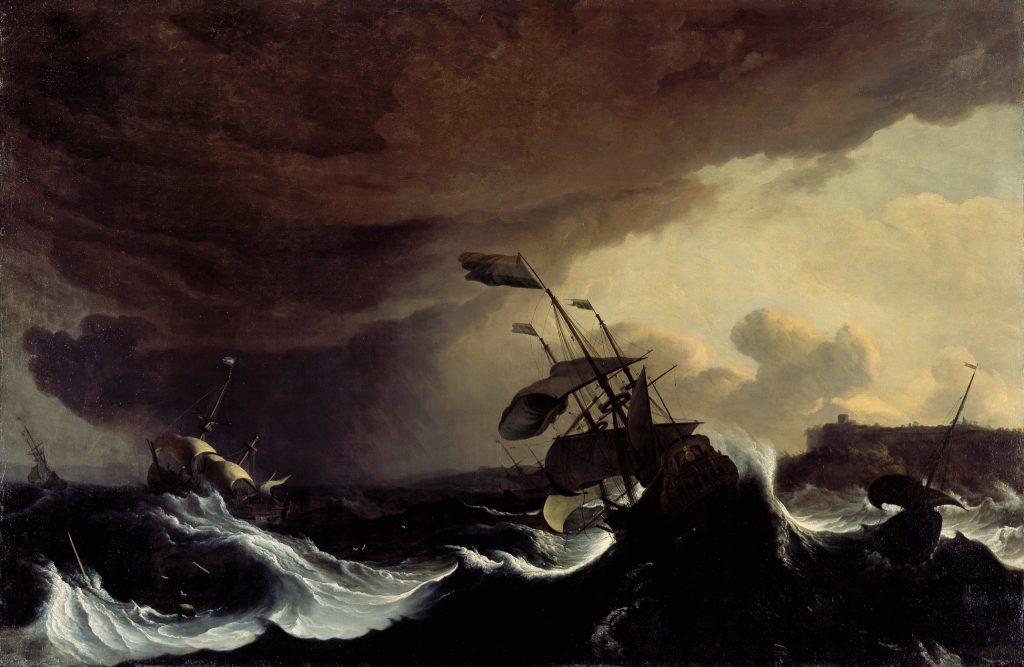Note: If you wish to receive, via e-mail, (1) my weekly newsletter or (2) daily copies of these posts, notify me at [email protected] and indicate which you would like. I promise not to share your e-mail address with anyone. To unsubscribe, send me a follow-up email.
Wednesday – Valentine’s Day
Given that Emily Dickinson’s “Wild Nights” emerged out of a repressed New England culture, it is as astonishing as any love poem that I know. Apparently Thomas Wentworth Higginson, who edited Dickinson’s poetry after her death, contemplated not publishing it, fearing it would damage his view of her as a pure woman. Fortunately he included it in the collection, perhaps rationalizing it as a poem written to God in the manner of Teresa of Avila, the medieval mystic famous for her ecstatic relationship with the divine.
On this Valentine’s Day, however, we don’t have to settle for sublimation borne of repression and can just see the poem for what it is, which is a woman singing her sexual passion for another. She is casting off all the restrictions that normally guide her actions—“Done with the compass – / Done with the chart!”—and setting out for open waters. “Luxury” has special meaning for this utilitarian society which looks with suspicion on activity it considers unproductive.
When Dickinson mentions “rowing in Eden,” I think of the passionate love between Adam and Eve that Puritan John Milton describes in Book IV of Paradise Lost, a work that Dickinson would have known well. The couple has a flowery bower, complete with a nuptial bed that Eve has decked with “flowers, garlands, and sweet-smelling herbs.” Milton is a little circuitous about what they do in that bed: by saying that the couple did not refuse “the rites mysterious of connubial love,” he’s basically saying that Adam and Eve did not not have sex. But he gets the point across:
Into their inmost bower
Handed they went; and eased the putting off
These troublesome disguises which we wear,
Strait side by side were laid, nor turned I ween
Adam from his fair Spouse, nor Eve the rites
Mysterious of connubial Love refused…
He concludes their night of lovemaking with a shower of roses:
And on their naked limbs the flowery roof
Showered Roses, which the morn repaired. Sleep on
Blest pair; and O yet happiest if ye seek
No happier state, and know to know no more.
Sex in Eden before the fall apparently has no withered roses and no post-coital letdown.
In her own poem, I wonder if Dickinson is imagining the three stages of lovemaking: first there is making love (the rowing), then the ecstatic climax (“Ah – the Sea!”), and finally the quiet mooring in the arms of the beloved. Here’s the poem:
Wild nights – Wild nights!
Were I with thee
Wild nights should be
Our luxury!
Futile – the winds –
To a Heart in port –
Done with the Compass –
Done with the Chart!
Rowing in Eden –
Ah – the Sea!
Might I but moor – tonight –
In thee!
Happy Valentine’s Day.
